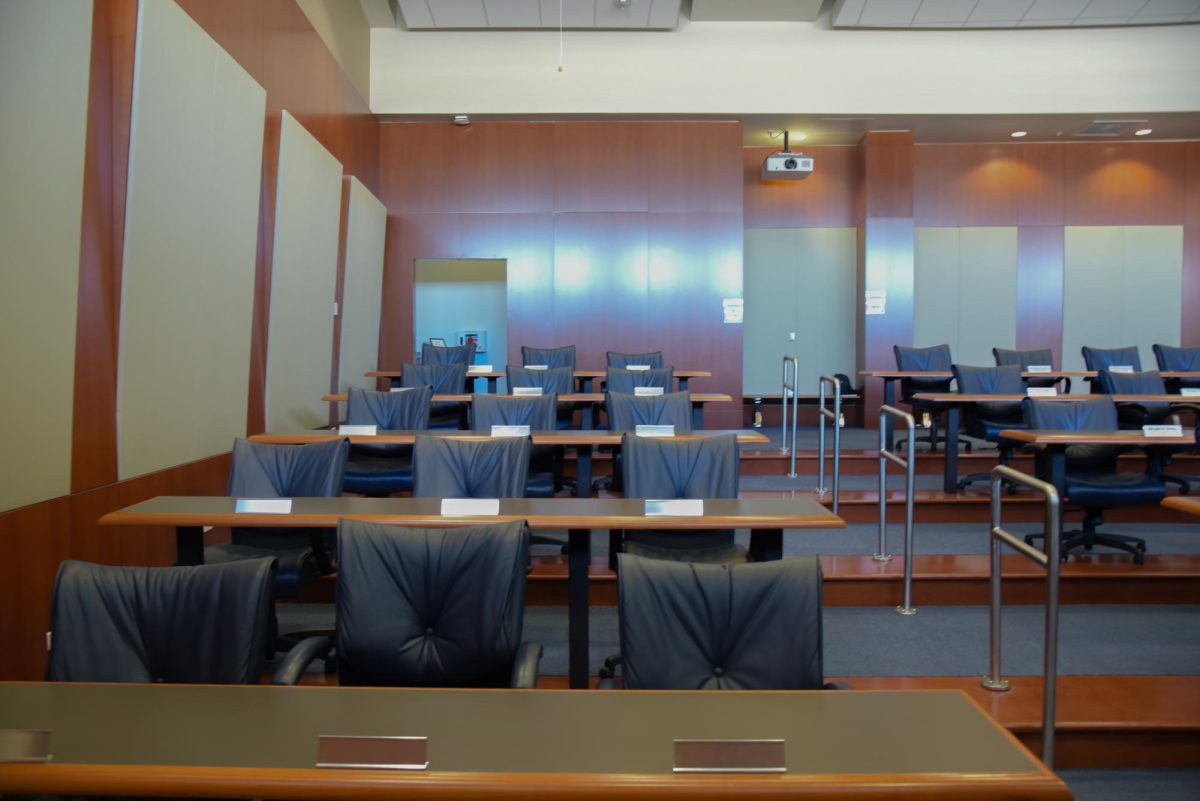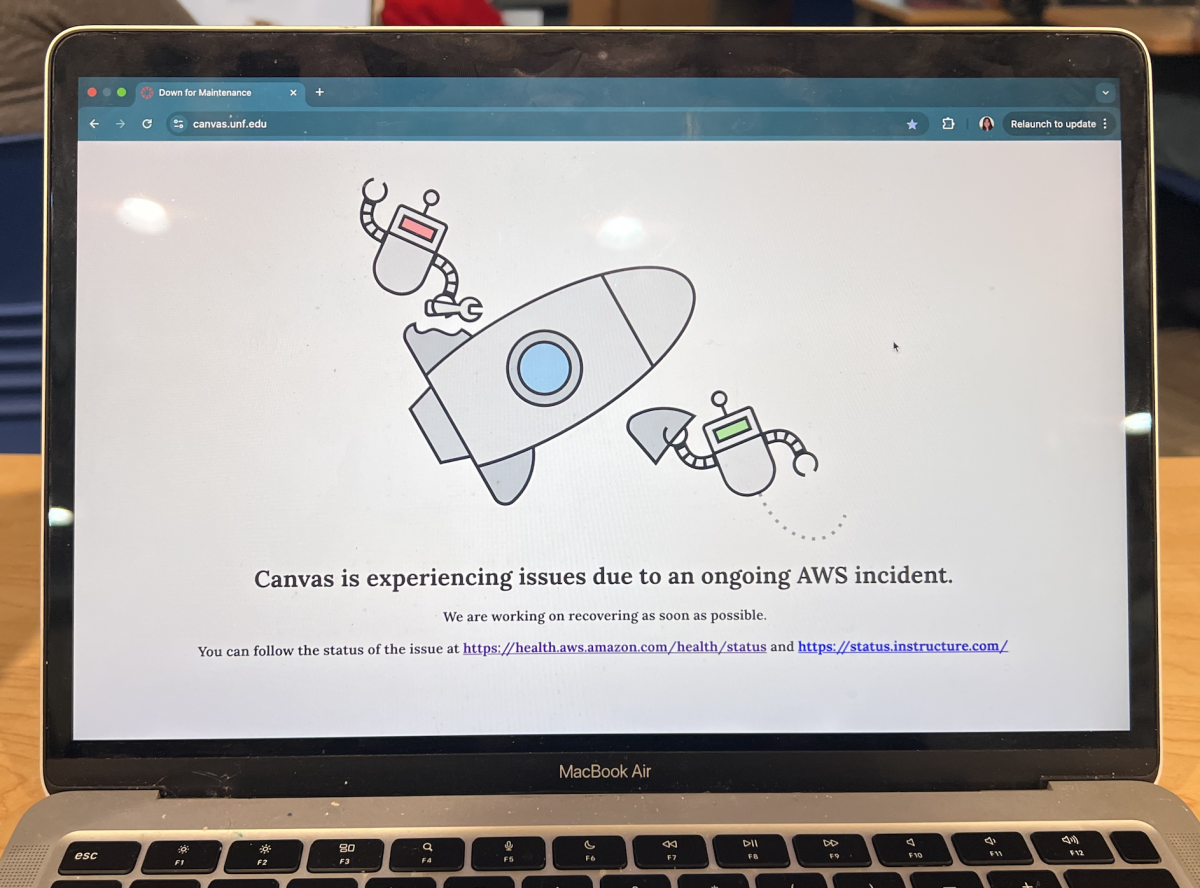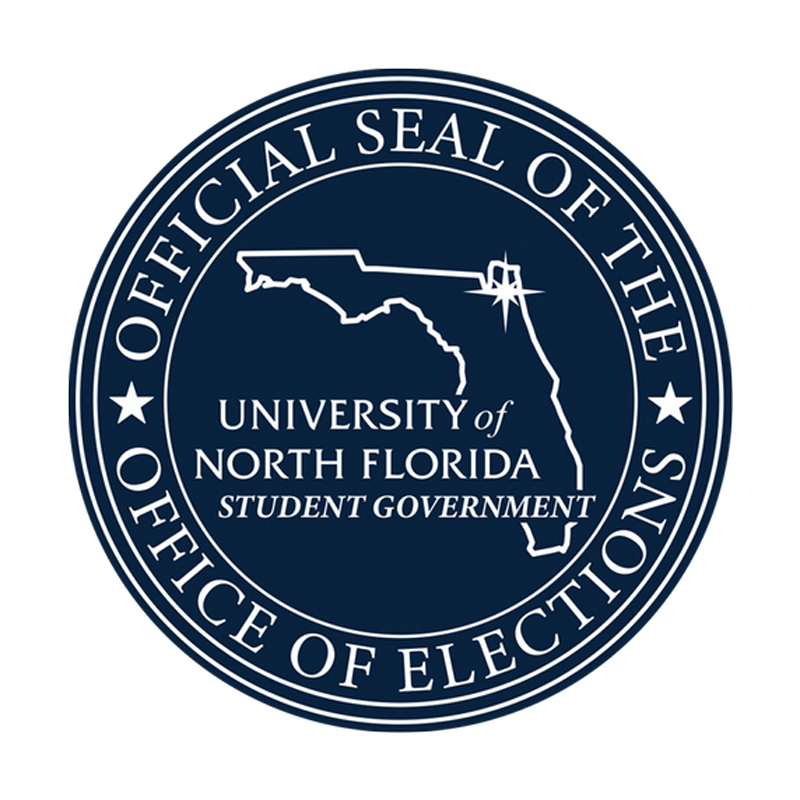Pollution has become a dirty problem that can no longer hide itself, and Jacksonville is no exception.
Affecting the St. Johns River and Jacksonville beaches, nutrient overloading from lawn over-fertilization and discharges from plants and paper mills have been an increasing problem since the 1970s.
Some UNF professors and Jacksonville ‘green’ companies are making strides to clean up Jacksonville with the creation of the Green Zone.
A collaborative effort between Jacksonville-based green firms, the Green Zone was created by Henry Thomas, a UNF political science professor. One of the Green Zone’s immediate goals is to establish a new city ordinance by creating a committee of green companies interested in cleaning Jacksonville’s polluted air and waters.
“One can attract green firms more readily if you have environmental problems; they come to the problems so they can exercise their skills in solving those problems,” said Mike Hartman, a member of the Green Zone and a former environmental consultant for UNF.
Hartman and Thomas are working alongside UNF biology professor Dale Casamatta and others in researching algae use as a biofuel. Natural Sustainable Bio-Fuels LLC, which has yet to go commercial, also realizes the potential for algae cell protein debris to be converted to fertilizer and animal feed.
“[By creating the biofuel] you get a lowering of the nutrient discharge to the river and you get biofuels,” Hartman said.
Algae needs nitrogen, phosphorus and carbon dioxide to grow. Conveniently these are the precise nutrients the St. Johns River has an exuberant amount of, providing the perfect environment for the algae to grow very rapidly, Hartman said.
Besides Thomas and Casamatta being involved with the algae research, as of right now, UNF has yet to take an active role in furthering the research, Thomas said.
Numerous companies have also invested time and finances in researching algae, such as Exxon Mobil Corporation, who plans to allocate $600 million to research, according to a press release.
Also on the Green Zone cooperative committee is eCycling Security, dedicated to disposing of electronic waste by converting toxic excess into useful byproducts, said Mike Browning, company president and business administration alumni.
eCycling Security plans to uses plasma conversion technology to turn “hazardous materials inert, therefore their discharge would not carry a negative impact on the environment,” while the converter generates energy to power itself and produces extra energy, said Browning.
“[The Green Zone] would generate more revenue streams, bringing green-friendly companies to the area and jobs as well,” Browning said.
Eastside Environmental Council, which is a grassroots community organization, also works with the Green Zone and deals with economic and environmental concerns in the eastern urban core of Jacksonville. Some sites on the east side of Jacksonville have caused problems for citizens since certain brownfield sites were deemed contaminated in the 1970s, Hartman said.
“[Green Zone] is a concept dealing with the problems the community people have in those neighborhoods,” Thomas said. “We think that the kinds of firms that come into the zone can be very helpful in finding innovative ways to deal with some of those problems.”
The Green Zone brings together Jacksonville’s eco-friendly companies.











